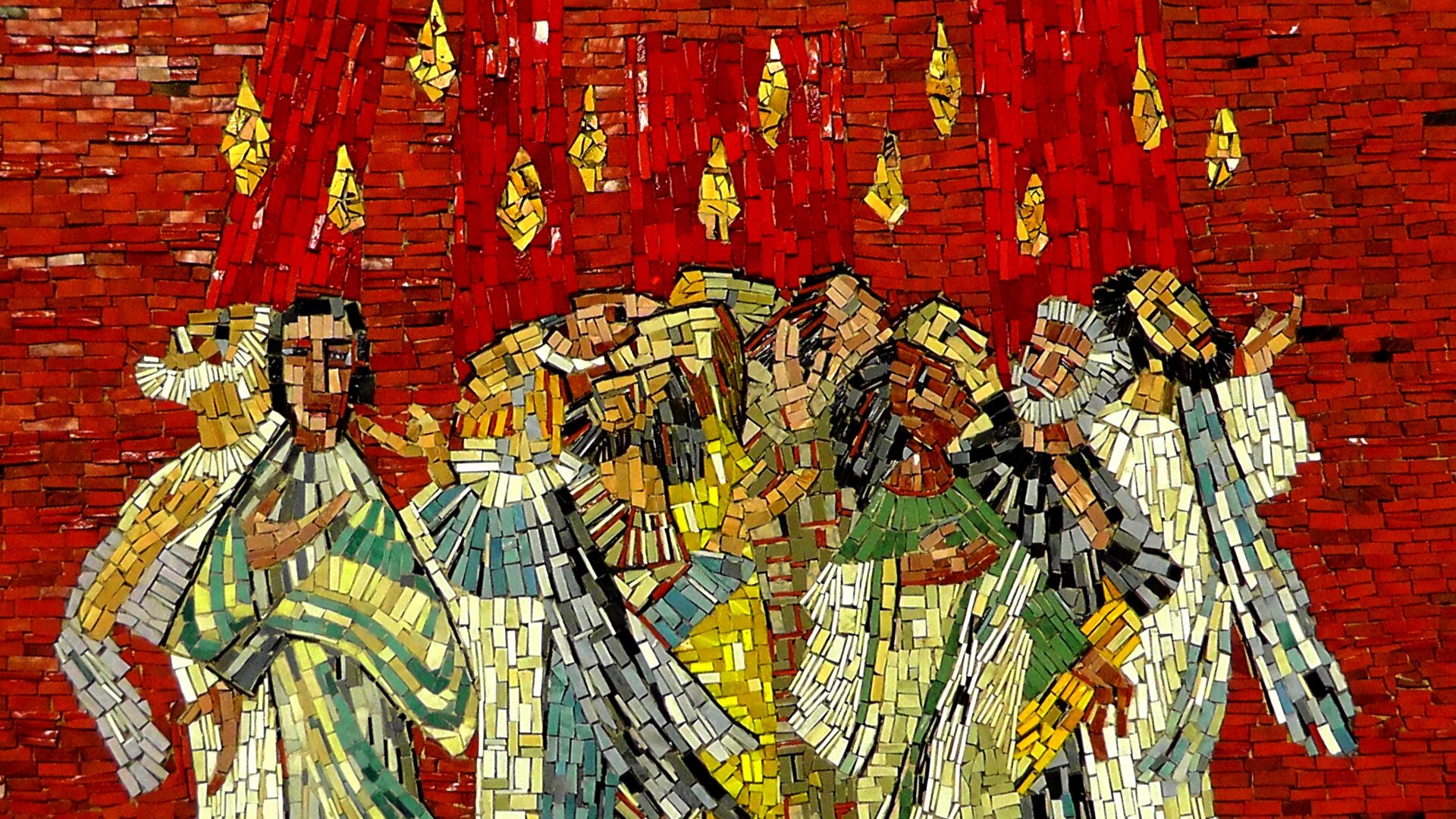
The Problem with Religious Language
After I had been a writer at the Des Moines Register for several years, the editor came to my desk one day to ask me to become the medical/health-care reporter.
“Do you know anything about my background?” I asked. “I know little to nothing about medicine and though I have an interest, I have a weak knowledge of science.”
“That’s exactly why we want you to consider this position, he responded. We want you to explain what’s going on in those areas to readers who also know next to nothing about it. We think you’ll do a good job.”
I asked to have time to think about it but decided it would be great to be able to concentrate on one area, and learn in the process. I accepted.
Wonderful “school”
It was a good decision. It was a wonderful school to learn, not only about medicine, but about the economics of health care. Most of the time on that “beat,” I thought I should be paying the newspaper instead of them paying me.
But there was a sharp learning curve. And one of the biggest challenges was to learn the “language” of medicine and health-care economics. There were scientific names for medicines and procedures, plus the “jargon” used in medical practice. And there were plenty of acronyms, including those referring to government health-care programs.
But, of course, every profession and human endeavor has its language. Business, education, the military, and yes, religion. And I believe that in this age of secularism, the language of religion causes problems for people searching for God.
For one thing, there are so many religions, and the various faiths and denominations have their own terminology and jargon. Many words and terms have their origin in the Judeo-Christian Bible, written between roughly 1,200 B.C. and 100 A.D. In this blog, I’ll cover a few of the principal terms used in many religions, especially Judeo-Christianity.
- “Holy.” I’m sure the eyes of many people today glaze over when they hear this term, as well as the related word, “sacred.” According to the classic “Dictionary of the Bible” by the Jesuit John L. McKenzie – which I’ll use extensively for this blog – the Hebrew root of the word has the basic meaning of “separate.” And that’s consistent with the way the ancient Hebrews viewed God – radically separate not only from humans but from the false gods worshipped in their neighbor states.
- According to Rudolf Otto, who wrote the famous book, “The Idea of the Holy,” “the holy” is unique to religion, limiting the ability to understand it through rational methods. It is closely associated with goodness, and so, by extension, people and even things can be “holy.”
- “Miracle.” According to McKenzie, “modern theology defines miracle as a phenomenon in nature which transcends the capacity of natural causes to such a degree that it must be attributed to the direct intervention of God.” The wonders described in the gospels about what Jesus did are often called “powers” or “signs.” McKenzie points out that some of the “signs” in the Bible are symbolic, and all of them “must be submitted to literary and historical criticism.” In modern times, there are many reports of “miracles,” and those, too, in my opinion, should be approached with faithful skepticism.
- “Eternal Life.” Most Christians, and many Jews, believe in life with God after death, but in traditional Christian theology this may also refer to life after the resurrection of the body, expected by most Christians “at the end of time.” It is expected to last forever.
- “Incarnation,” the Christian belief that God became a human being in the person of Jesus. It comes from the Latin root “carn,” so it literally means “infleshed.”
- “Messiah.” The expected religious “savior” of the ancient Hebrews, rendered in Greek by the word “christos,” or “Christ.” In general, writes McKenzie, it is “those ideas which represent the Israel of the future” hoped to be the universal kingdom of God. By Jesus’ time, it was often applied to whoever would free the Jews from the tyranny of the Roman occupiers.
I’ll cover more religious terms in future blogs.




